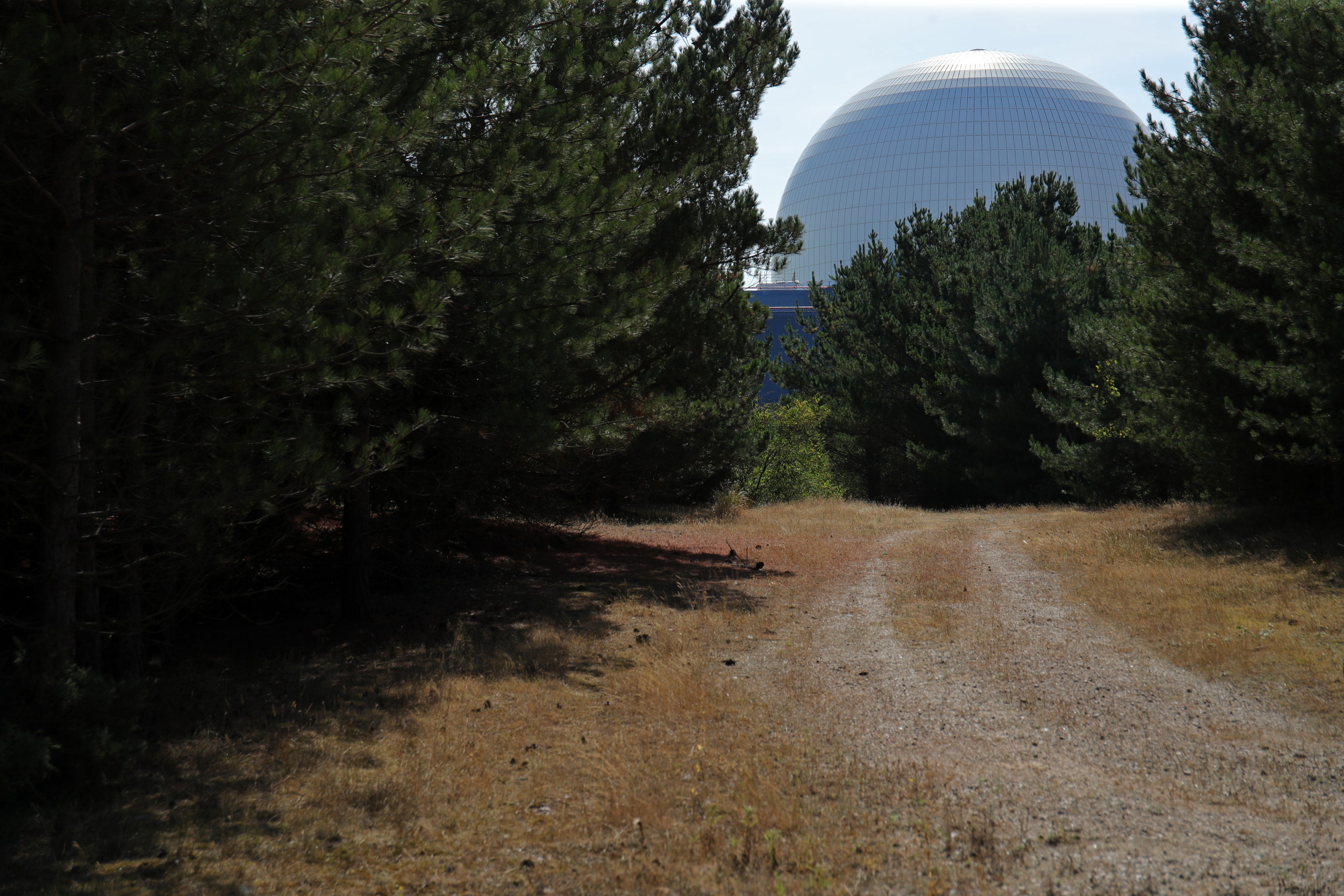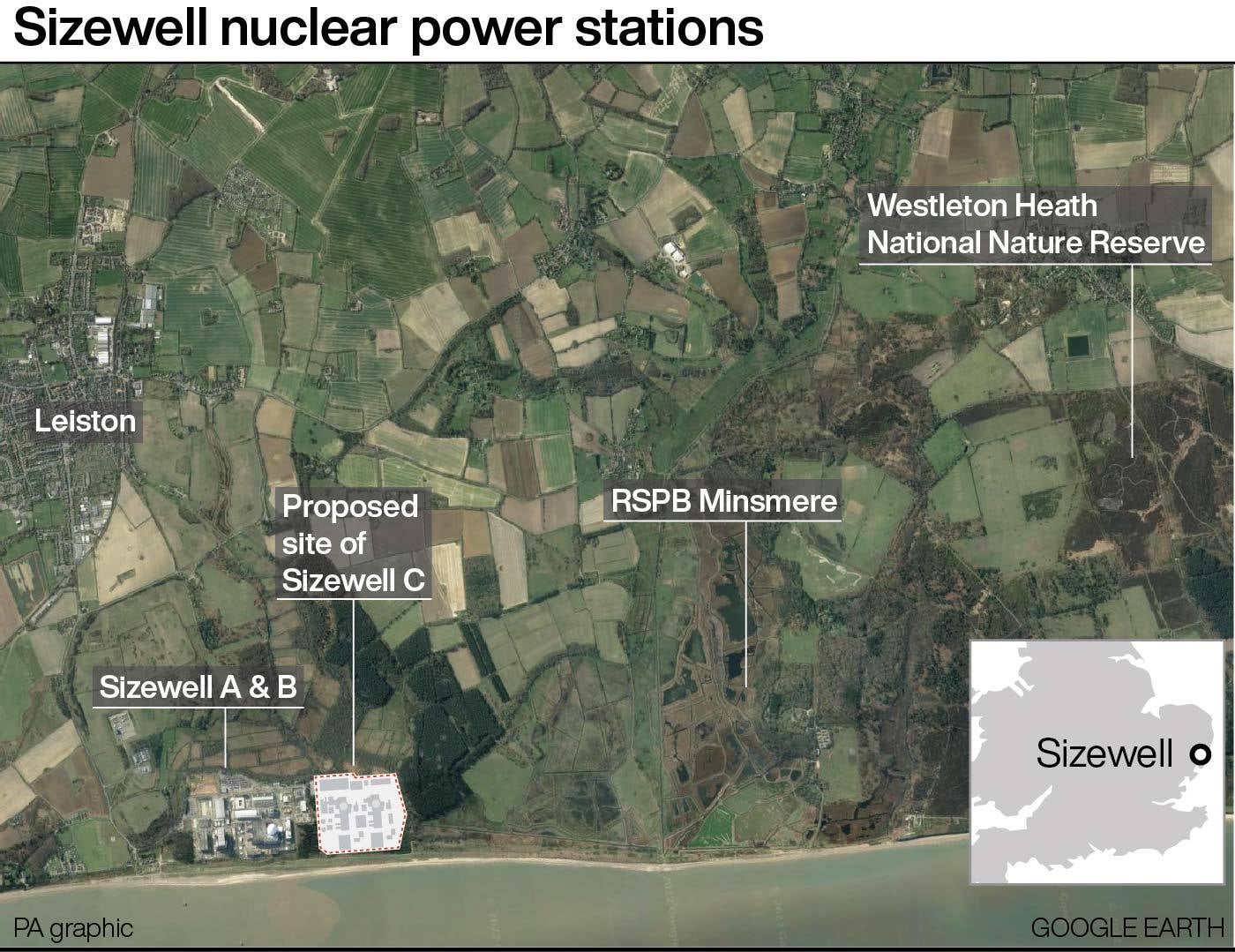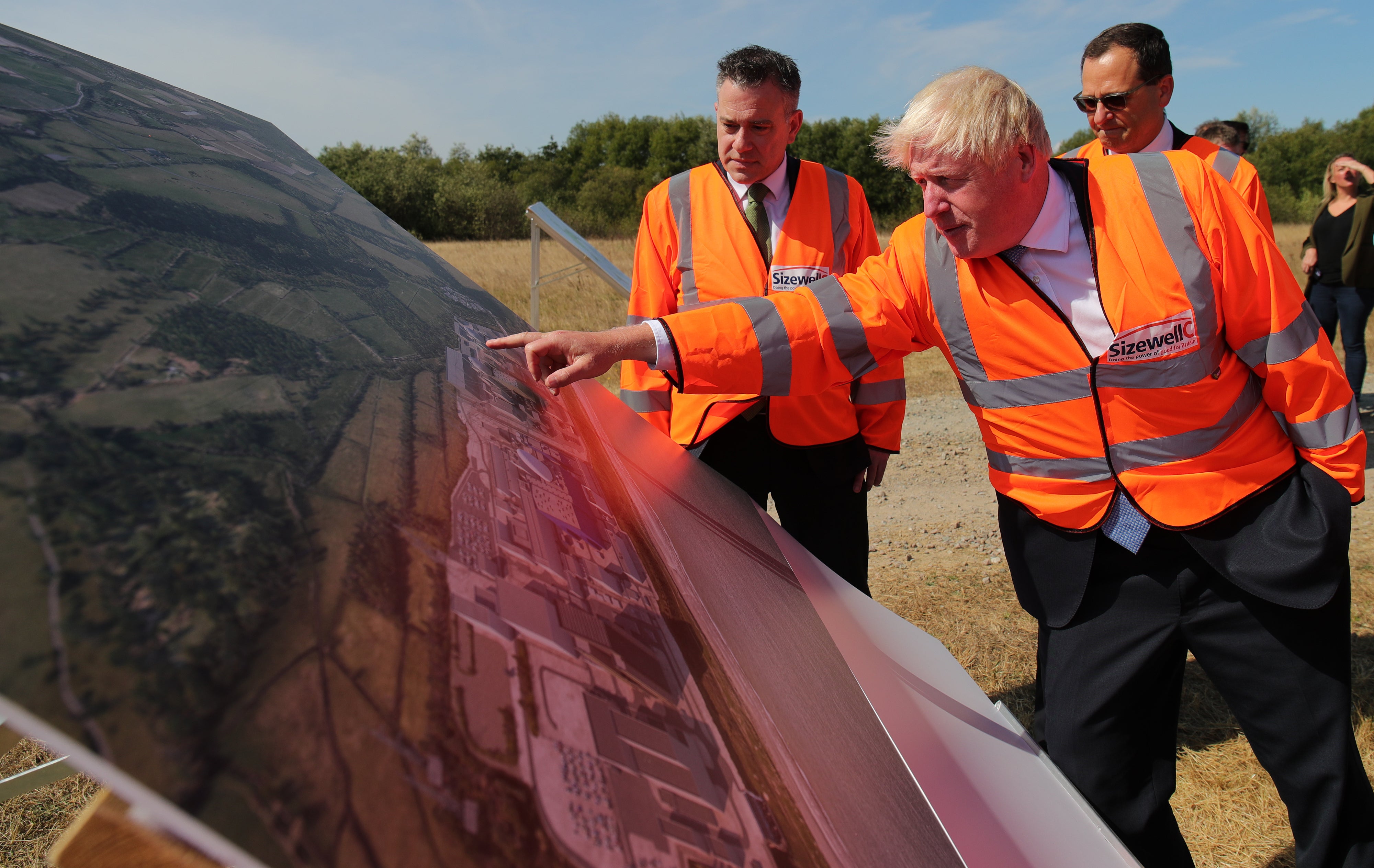What is Sizewell C and how will it be paid for?
The new reactor at Sizewell is expected to be built by energy firm EDF though talks over funding continue

Your support helps us to tell the story
From reproductive rights to climate change to Big Tech, The Independent is on the ground when the story is developing. Whether it's investigating the financials of Elon Musk's pro-Trump PAC or producing our latest documentary, 'The A Word', which shines a light on the American women fighting for reproductive rights, we know how important it is to parse out the facts from the messaging.
At such a critical moment in US history, we need reporters on the ground. Your donation allows us to keep sending journalists to speak to both sides of the story.
The Independent is trusted by Americans across the entire political spectrum. And unlike many other quality news outlets, we choose not to lock Americans out of our reporting and analysis with paywalls. We believe quality journalism should be available to everyone, paid for by those who can afford it.
Your support makes all the difference.Former prime minister Boris Johnson in August pledged £700 million towards the Sizewell C nuclear plant, which he hoped would produce much of the UK’s electricity by the middle of the next decade.
Proponents of the site say it can help get the country to run on zero-carbon power, but others say the cash would be better spent on wind farms or insulation.
But what is Sizewell C, can it help with bills this winter, and where will the rest of the money for the plant come from?

– What is Sizewell C?
Government-owned French energy giant EDF wants to build a 3.2-gigawatt nuclear power plant in Suffolk, north-east of Ipswich.
It would be the third plant at the site, after Sizewells A and B. Construction on the first Sizewell nuclear reactor started in the early 1960s, and the site was producing before the end of the decade.
Sizewell B came online in the mid-1990s and is still running. Under current plans, the station will shut in 2035, but EDF is exploring a plan to extend it for another 20 years.
Sizewell C would be the successor project. Its journey started more than a decade ago when the Government chose the location as one of eight sites that could be used to house new nuclear plants.
It would produce enough electricity for around six million homes when completed.
– How will it be paid for?
This is the million-dollar, or rather billion-pound question. And there is no answer to this yet.
In August, Boris Johnson’s government pledged to put £700 million towards the project, but that is merely a small amount of the estimated final cost, which is likely to run above £25 billion.
Rishi Sunak’s new administration could up its investment in the future. It has the right to buy a 20% stake in the project thanks to a deal signed in June.
The other owners are EDF and China General Nuclear Power. But the government is reported to be keen to ensure that the Chinese company is removed from the project, which could be an important part of UK energy security.
EDF will provide some of the cash, probably also around 20%, but according to reports, 60% of the funding is yet to be secured.
The Financial Times reported in June that Barclays bank has been hired to hunt for investors who might be willing to stump up the cash.
– How will the investors get their money back?
Most of the returns for the investors will come when they sell electricity to businesses and households around the UK.
However, the government has also said that it will allow investors in new nuclear to get money through the so-called Regulated Asset Base model.
This funding model, which has also been used for the Thames Tideway, would add a small extra monthly charge to every energy bill in the country while the plant is being built.

Proponents of the system say this will reduce risks for investors, and therefore they will get lower-interest loans from their banks.
But opponents say that the system has also led to disaster elsewhere, and that the cost would be added to already record energy bills immediately, rather than in a decade.
“The funding model adopted to pay for it was tried in the USA, and North Carolina households are still paying for a nuclear reactor that was never built as the company went bust,” said Dr Doug Parr, chief scientist at Greenpeace UK.
– Will Sizewell C reduce my energy bill?
Not in the short term. In fact the funding model means it is likely to add an extra few pounds to the average energy bill when construction starts.
However in the long run, prices are likely to fall because of the project, according to Aurora Energy Research, an expert outfit founded by University of Oxford professors.